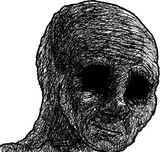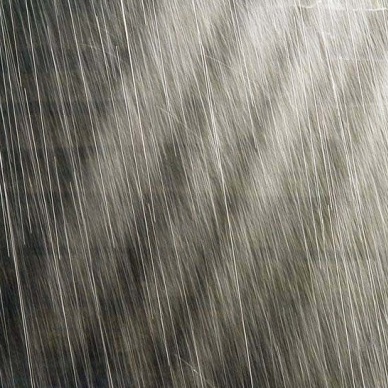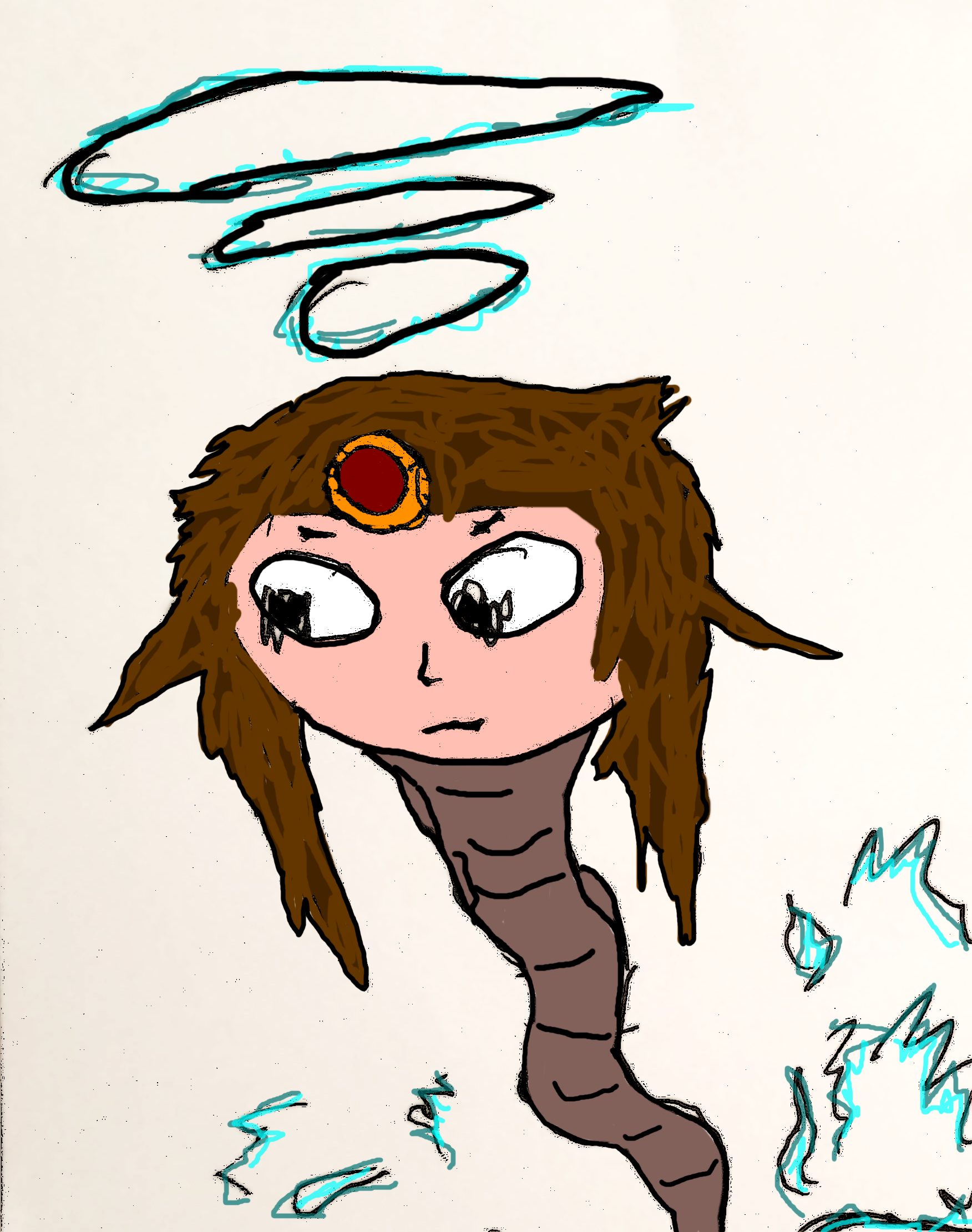can't describe my request any better than this. sorrry if it's too vague. books that dismantle your liberal understanding of the world. can be a historical work of fiction, doesn't really matter. just something that'll leave a mark on you ig
Oh, and for nonfiction I'd highly recommend some David Graeber, he's really great at soft-selling socialism. He tends to start from a neutral positionand assume the reader doesn't have our sensibilities, and holds them by the hand through a series of individually mild and well-cited statements and leaves them in an unambiguously radical place.
Bullshit Jobs is an easy read and much better than it sounds. Debt: The First 5000 Years is his masterpiece, but is a much more challenging read.
I came here to recommend Bullshit Jobs, Debt by contrast I found too sweeping / less convincing (and in any case a much bigger ask for the reader)
I felt like I already knew pretty much everything Bullshit Jobs was going to say before it said it. Debt had some new ideas for me. I think your background matters a lot.
Debt I think is good if you've already bought into being anticapitalist. That said, it did hit me harder having dropped acid and getting through the middle portion of the book
The book or the essay? I've heard the book version just feels drawn out but never got it myself, skipped straight to Debt
The essay is worthy on its own but the collected anecdotes and insights in the book are definitely worthwhile, especially for newcomers/non-leftists who may not have any opinions about say the history of economics but do almost certainly have some experience of a stupid or useless job. There's a tangible, easy to grasp contradiction in the alleged efficiency of our economic system vs the increased proliferation of these jobs that helps to keep the book persuasive from the jump. I think it's also helped by positing itself as "a theory" rather than a definitive history, something I had trouble swallowing w/r/t Debt.
The Wretched of the Earth is always good. Socialism: Utopian and Scientific, Imperialism, The Highest Stage of Capitalism, and The State and Revolution have been what I would consider the 3 most impactful books on me in the "traditional" Marxist Canon (though in 2025 I plan on reading Capital volumes 1-3).
As for non-"traditional," Blackshirts and Reds by Michael Parenti is my favorite recommendation for liberals, the ones who read it generally walk away with far less anti-AES brainworms, and the ones who don't read it wouldn't be willing to be impacted by it anyways. Losurdo's essay Has China Turned to Capitalism? as well as Roderic Day's Masses, Elites, and Rebels: The Theory of "Brainwashing" and China Has Billionaires have been crucial for understanding modern China, as well as understanding why people believe what they believe.
A lot of good fiction and non fiction mentioned but one I haven’t seen so far is the Dispossessed by Ursula K. Le Guin.
That one really feels like a key to unlock how much of all propaganda bullshit to me.
Jakarta Method and If We Burn by Vincent Bevins are really good. Jakarta Method is about CIA mass executions of communists, and If We Burn is about how to understand social movements post 2010.
A recent one I read was Killing Hope by William Blum. Took me ages to finish it because every chapter just left me feeling like

Not necessarily explicitly leftist or anti-imperialist but Chaos by Tom O'neill is a lot of fun and brainworm inducing.
The Very Hungry Caterpillar had a lasting impact on my outlook at life. It highlights the dangers of greed and overconsumption.
Malthusian drivel. From each caterpillar according to their length and colorfulness, to each caterpillar according to their hunger.
Maybe the best thing I've encountered like what you're describing is maybe The Fever by Wallace Shawn. It's a one-man theatre performance about a guy truly beginning to understand the truth and consequences of imperialism for the first time.
Other recommends would be:
The first chapter of The Ministry for the Future by Kim Stanley Robinson, read as a standalone short story. It's a climate horror about a wet-bulb event (where at a certain temperature in combination wity 100% humidity means the body can no longer cool itself by evaporative cooling) in Mumbai leading to a massacre that kills tens of millions.
The Semplica Girl Diaries by George Saunders, a short story about a hapless suburban mother trying to make ends meet who, for her daughter's birthday, irresponsibly spends a windfall on a set of ornamental Vietnamese girls who you suspend by a wire through their skulls on your lawn to display your wealth.
Those Who Walk Away from Omelas by Ursula K. Leguin, a short story about a town whose prosperity depends on the unending suffering of a single girl.
Some other George Saunders stories might include Ghoul, about a worker/prisoner in a demented prison in which everyone is trapped in a deteriorating theme park and goes to work every day but it is enforced by capital punishment that no one can talk about the fact that no one will ever attend the park.
Brad Carrigan, American (this one is kind of wild) about a guy living inside a perpetually filming television show that has continued ad absurdum the ratchet of delivering increasing amounts of product to consumers while supports are continually stripped away.
Had pretty strong issues with it on a first read. It felt like there was far too many location specific plot points with characters needing to align themselves just so (to the point it almost felt slapstick).
That said, I just found my copy over the holidays and plan to give it another shot
Yep... I read it when I was 17 and I was like woaaahhhhh, and then I re read it recently and had to accept Saunders is a giant lib
it was quite big for me in understanding just how bullshit history can be though, when Saunders compares the different accounts and all that
Brad Carrigan, American, is awesome. I love it, its so absurd, but among the absurdity are all these threads of thoughts and feelings that seem so familiar. This feeling of hopelessness that accompanies you're growing awareness of the horrors just outside your vision. The sudden change in perception of the people you thought you knew as they clash against your growing concern for the horrors just outside your vision, and your desire to provide any meaningful change you can muster. The desperate attempts to salvage the relations you had, foolishly believing that if you just explained it well enough, the horrors, your concerns, they would change too. Realizing just how vapid and materialistic these people we're, and seeing them for the hedonistic zombies they are. Ultimately, being painted as the villain, always being a downer, never grateful for your position, to good to accept life as it is, and willing to ruin the good life for everyone else for a people they all view as backwards. In the end, the only hope you can hold on to is the hope that, whatever comes after you, is imbued with your convictions and sees it through.
Its simply Incredible.
It's my favourite Saunders story, from my favourite of his collections. I agree, and I've never encountered another person who's read it except my partner!
If you want to be completely immunized against all capitalist philosophy forever, I recommend The Destruction of Reason by Georg Lukacs.
He goes through the history of philosophy in Germany, taking apart each 'significant' philosopher in turn (Schelling, Schopenhauer, Kirkegaard, Nietzche, etc.) and showing that, at each stage, the philosophy being written (as well as the period in which it becomes popular) are entirely dependent on the psychological needs of the bourgeoisie in justifying and maintaining their rule at that specific moment in time.
He also shows at every stage how dialectical materialism is correct, and is the only true successor of the entire philosophical movement originating in ancient Greece. Just like communism is an evolution beyond the highest degree of capitalist organization, dialectical materialism is the evolution beyond the highest development of liberal philosophy (Hegel's dialectical idealism).
There is a price for this knowledge though, as the book is over 850 pages long.
If you want just a key slice, the chapter on Nietzsche is very good and gets across some key points, and is 'only' about 100 pages.
 ·10 days ago
·10 days agoI'm not sure they really do what you describe, but I quite like This Soviet World, and The Cold War and Its Origins (or at least the parts up until the end of WWII that I have read). Killing hope as already recommended is great. Maybe Triumph of Evil?
This Soviet's World's depiction of science and agriculture is the starting point for a future. I love the idea of science being something people just do.
this very loosely fits but the Mistborn series, at least the first three books, are essentially about a workers/slave uprising and protracted peoples war against a tyrannical god-king and the aftermath and failure of the liberal project that follows
also a cute little love story in there and neat magic system involving eating metal-flakes and metabolizing them
for a mormon writer the o.g. trilogy has critiques of patriarchy, is pretty aware of women's issues, is brutally honest about poverty and the disparity between rich and poor.
also one gets the strong feeling that the heroine in the story is a write in for his wife and is very wife-pilled and based. we love a stan who idolizes his wife in this house
a criticism i would have is it is slow at times, especially in book 2 and 3 but sanderson has a knack for big pay-offs for his setups so if you have the attention span you'll enjoy it
As a big fiancé pilled person, I support wife-pilled people. I'll have to take a look! Maybe after I read The Expanse.
The follow up series really hits hard the importance of a vanguard party
still gotta get to it. i read Warbreaker which is another good book that is hyper aware of poverty and such but the end isnt some revolution in the same way. i dont know if i could recommend that book because it is so slow of a read even if i felt it was good overall.
just started the stormlight archives series
I never finshed the storm light archives. I like his work in general and the subtle Mormonism of it is funny. Warbreaker I liked. I feel like at some point his success got him and he started writing to try to get a Netflix deal and it lost the heart of the early stuff
fair enough, its not something ill slog through if i dont like it but so far the first book is entertaining me enough
Read Settlers, but seriously.
Also Washington Bullets by Vijay Prashad
Seconding This Soviet World, although I imagine it only works on people who are open to the concept of the USSR not being le ebil ruskies but just don't know a lot about the history or their system of government. It helps that it doesn't jump straight to "here's why stalin is good actually" and works up to it with background information
The state and revolution is potentially pretty good for certain kinds of radlibs
Blackshirts and Reds very good on AES
Capitalist Realism for those still fully enmeshed in the titular brain-box
haven't read it yet but from what I've heard Losurdo's Liberalism: a Counter-History seems to fit









